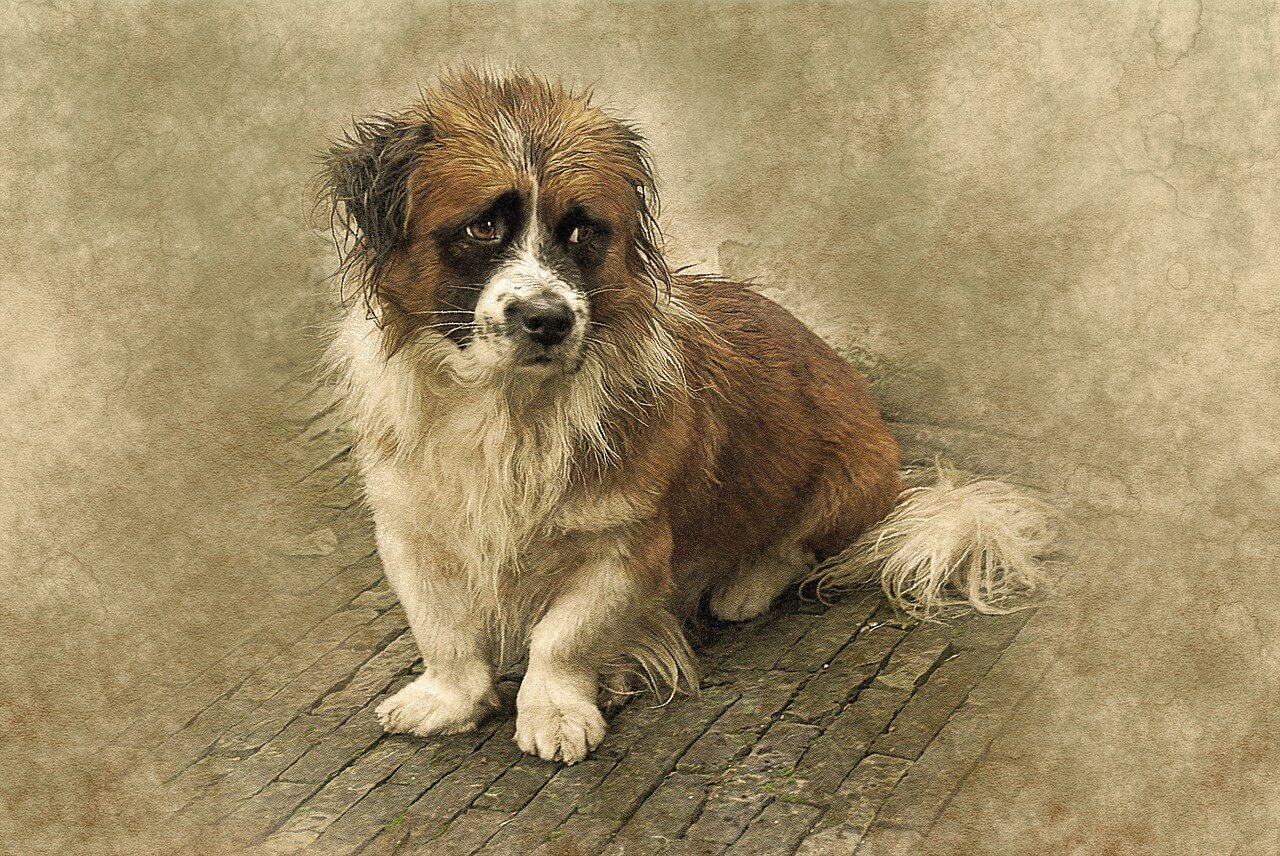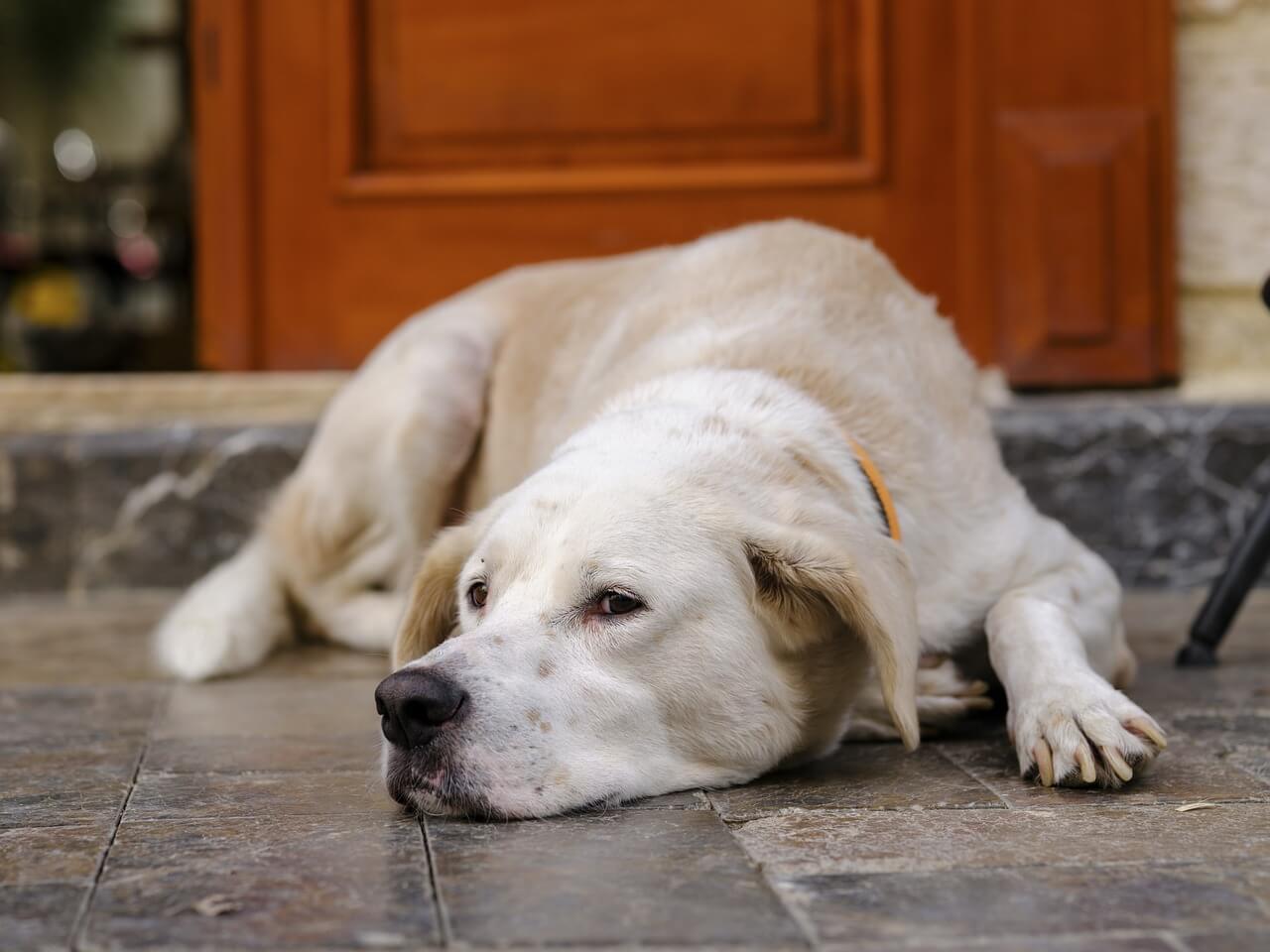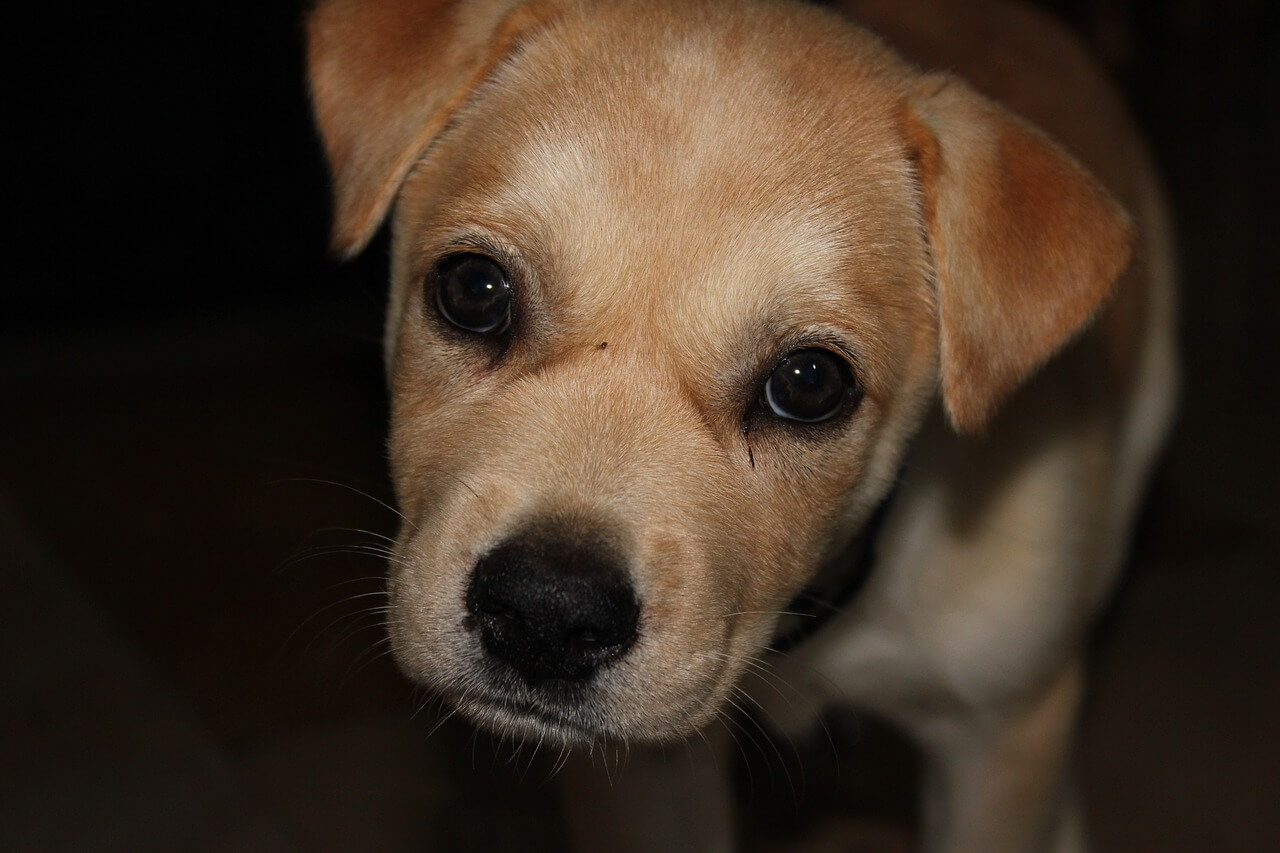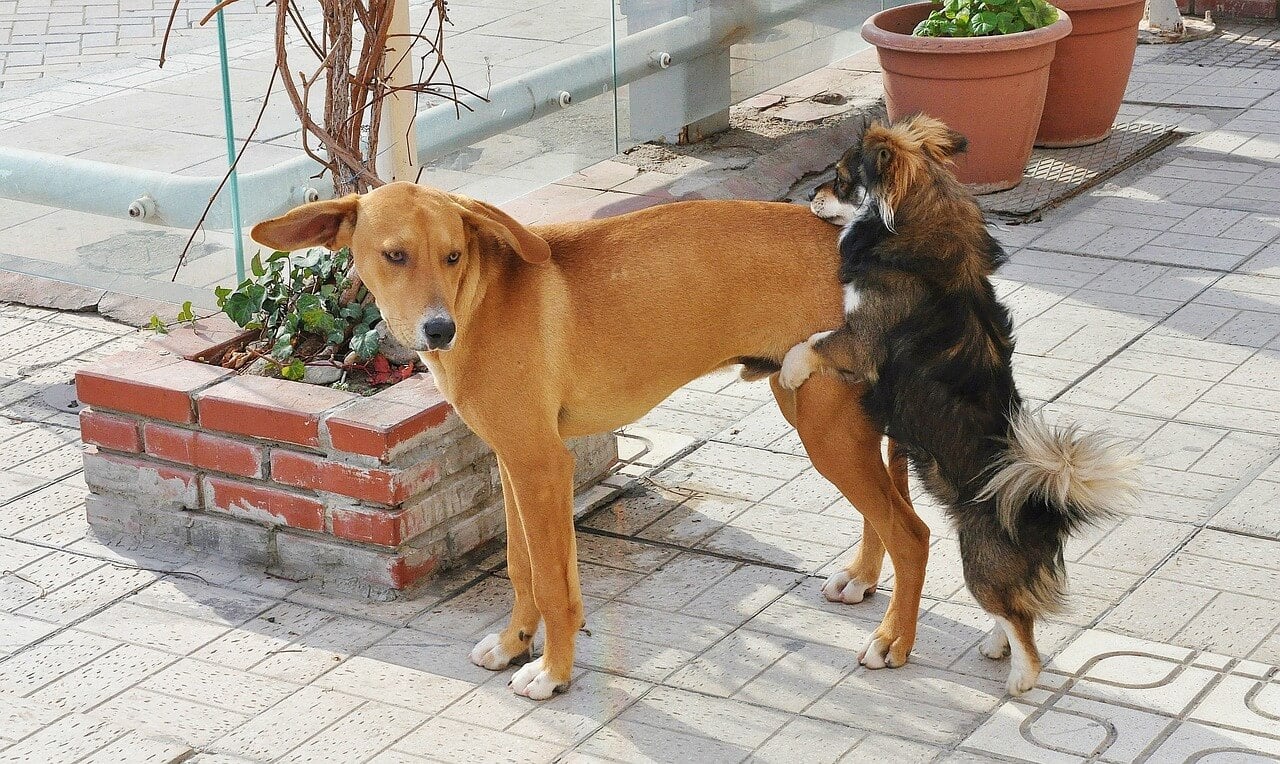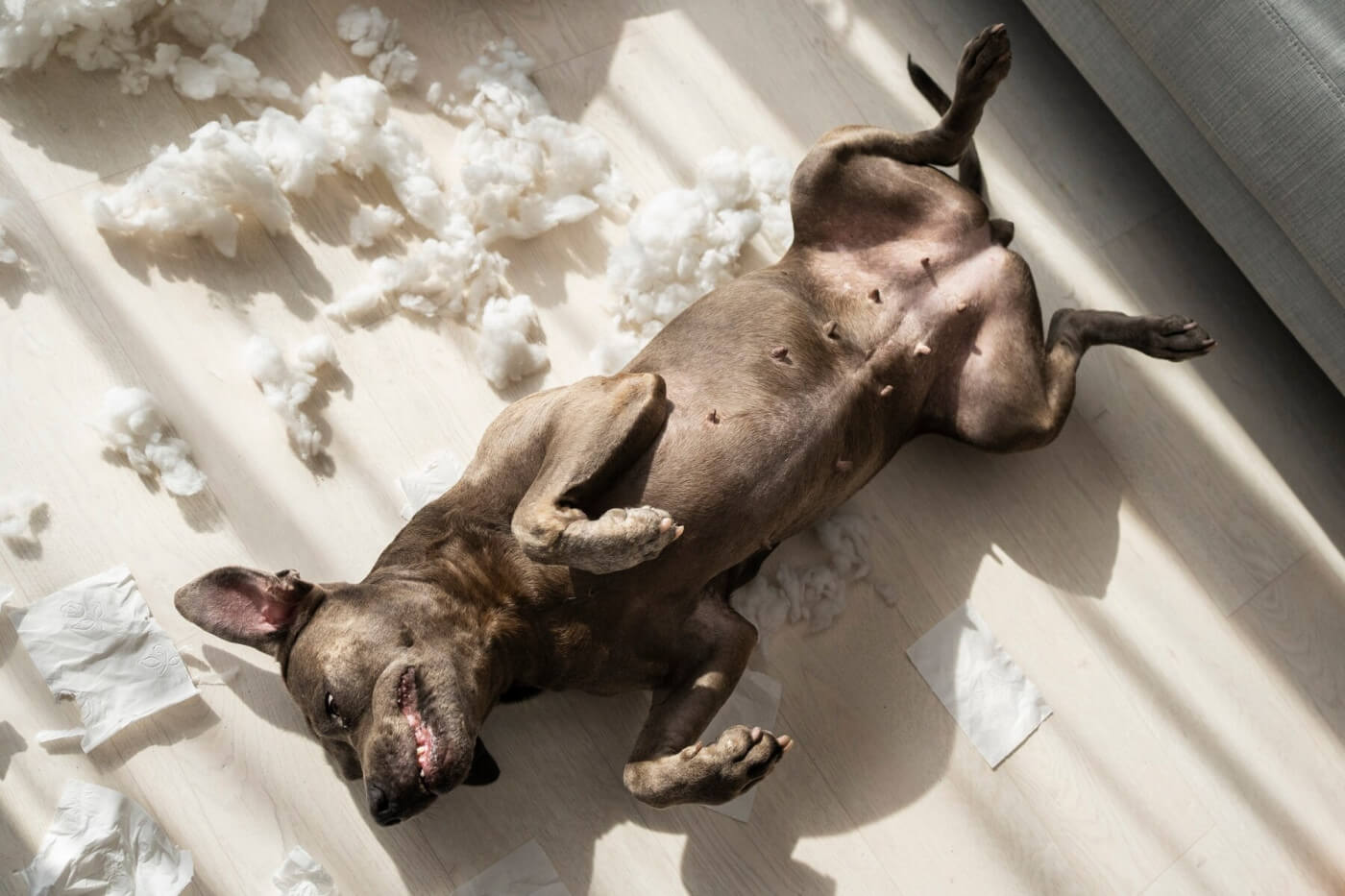Hello, animal enthusiasts! Today we're going to delve into an deeply personal topic; do our beloved pets, dogs and cats feel grief? Many of us have wondered about this question while witnessing our companions experience the ups and downs of life beside us.
You know, our pets are more than just animals – they're family. And just like us, they form strong bonds and connections, not only with us but also with their animal buddies. So, what happens when they lose a friend or a beloved owner? Do they grieve? Do they feel the absence as deeply as we do? In this blog post we will delve into these inquiries. Bring some insight into the realm of our furry friends.
Understanding Grief in Animals
Have you ever noticed your pet acting a bit off after the loss of a fellow furry companion or even a human family member? Maybe your once playful pup is now moping around, or your cat isn't as interested in its favorite toy. It's not just your imagination; animals, like us, can experience grief.
What is Grief in Animals?
Grief in animals, much like in humans, is a response to loss. It can manifest in various ways – some pets might become withdrawn, others may lose their appetite, and some might even seem to search for their lost friend. Their behavior communicates a lot even though they cannot express their feelings verbally.
Do Dogs Grieve?
Absolutely, dogs do grieve. Dogs have a reputation, for being creatures that form connections, with both humans and other animals. When a dog loses a companion, it's not uncommon for them to show clear signs of sadness. You might notice changes like reduced playfulness, a decrease in eating, or even just a general sense of lethargy. Labrador Retrievers, known for their deep loyalty, may exhibit these signs more noticeably. On the other hand, a breed like the French Bulldog, while equally capable of grief, might display it differently due to their distinct personality traits.
And What About Cats?
Cats, often perceived as more independent, grieve too. They might not show it in the same way dogs do, but the signs are there. A grieving cat may lose interest in food or become more clingy to their human companions. Some cats may meow more than usual or seek out the last place they saw their lost companion.
Grieving Signs in Different Breeds
Just like people, every pet is unique. Golden Retrievers, for example, might become more subdued, while a Siberian Husky might show their grief by being more vocal. Each breed, and indeed each individual animal, will have its own way of coping with loss.
Signs of Grieving in Dogs and Cats
Recognizing the signs of grief in our pets is the first step to helping them. Here, we'll dive into some common indicators that your dog or cat may be grieving. Remember, each pet is unique, so not all will show grief in the same way.
For the Pooches:
- Changes in Appetite: It's common for grieving dogs, like Labradors or Beagles, to lose interest in their food. Some might skip meals or eat less than usual.
- Altered Sleep Patterns: Your dog might sleep more or have a disrupted sleep schedule. A Golden Retriever, for instance, might start spending more time sleeping in their departed friend's bed.
- Decreased Playfulness: Dogs that are normally active and playful, such as Boxers or Dachshunds, may become less interested in playing with their toys or going for walks.
- Seeking Comfort: Some breeds, like the affectionate French Bulldog, might become more clingy, seeking extra attention and comfort from their human companions.
- Vocalizations: Don't be surprised if your normally quiet Siberian Husky starts to howl or whine more, expressing their grief audibly.
And the Felines:
- Behavioral Changes: Cats like the Yorkshire Terrier may become more withdrawn or, conversely, more demanding of your attention.
- Eating Habits: Similar to dogs, a grieving cat may eat less or become disinterested in food.
- Altered Grooming: Over-grooming or neglecting grooming altogether are common signs in grieving cats.
- Changed Litter Box Habits: Grief can lead to changes in a cat's bathroom habits, including avoiding the litter box.
- Vocalization: Increased meowing or vocalization, especially in breeds like the Siamese, can be a sign of distress in cats.
Supporting Your Grieving Pet
It's important to grasp the significance of these indicators. What's more crucial is understanding how to provide support, for your pet during their time of mourning. In the following section we'll delve into advice, on assisting your dog or cat as they navigate through their journey of grief.
How to Help Your Grieving Pet
Noticing that your pet is grieving can be heart-wrenching. But there's some news; you have ways to assist them during this challenging period. Here are a few practical measures you can adopt to provide support, for your dog or cat.
For Your Dogs:
- Maintain Routine: Dogs, like the structured Labrador or the playful Boxer, find comfort in routine. Keep their feeding, walks, and playtime as regular as possible.
- Extra Love and Comfort: Spend more time with them. Extra cuddles, gentle petting, or just sitting beside them can go a long way. Breeds like the affectionate Golden Retriever or the loyal Beagle particularly benefit from this.
- Encourage Play: Although they might not be as enthusiastic initially, encouraging play and exercise is essential. It helps distract them and can improve their mood.
- New Experiences: Sometimes, introducing new activities or environments can help. A trip to a new park or a playdate with a friendly dog might be just what a grieving Rottweiler needs.
- Consider Professional Help: If your dog's grief seems prolonged or severe, don't hesitate to consult a vet or an animal behaviorist.
For Your Cats:
- Quiet Comfort: Cats, such as the independent Siberian Husky or the cozy Yorkshire Terrier, appreciate a calm and comforting environment. Give them a quiet space where they can retreat.
- Gentle Attention: While some cats may seek more attention, others might want to be left alone. Respect their space and approach them gently.
- Keep the Routine: Like dogs, cats also thrive on routine. Stick to their usual feeding and playtimes.
- Interactive Toys: Engaging their mind is crucial. Interactive toys can provide distraction and relief from their grief.
- Veterinary Consultation: If you notice significant changes in behavior or health, consulting with a vet is always a wise decision.
Keep in mind that grieving is a journey and similar, to humans our furry friends also require time to recover. Showing them patience, empathy and affection are the gestures you can offer them during this period.
Personal Stories
Hearing from other pet owners who have faced similar situations can be incredibly comforting. In this section we present accounts, from individuals who have witnessed their pets experiencing grief and the steps they took to support them during that time.
Emma's Story with Her Labrador, Max
Emma noticed a significant change in Max, her Labrador Retriever, after the passing of their family cat, Whiskers. Max, who was usually energetic and playful, became quiet and withdrawn. He would often lie in Whiskers' favorite spot and seemed to lose his appetite. Emma made sure to maintain Max's routine, took him on longer walks, and introduced him to new dog friends at the park. Gradually, Max began to return to his old self, though Emma feels he still misses his feline friend.
John and His French Bulldog, Bella
John's French Bulldog, Bella, reacted differently when their neighbor's dog, who Bella used to play with, moved away. Bella started following John around the house more than usual and whined a bit at night. John decided to invest time in Bella, his pet. He started by engaging her in exciting games while also occasionally spoiling her with her treats. John noticed an improvement, in Bellas mood as a result of these extra acts of attention and care.
Rachel's Experience with Her Cat, Luna
Rachel's cat, Luna, a normally independent Yorkshire Terrier, started acting clingy after the loss of Rachel's other cat, Shadow. Luna would meow more often and sought out cuddles, which was unusual for her. Rachel made sure to give Luna the attention she seemed to crave, setting up a cozy new sleeping area for her, and occasionally using interactive cat toys to keep her engaged and mentally stimulated.
Conclusion
As our journey, through the realm of grief nears its conclusion it becomes evident that our beloved furry companions undeniably experience and display indications of sorrow. Whether it's a Labrador missing its playmate or a Yorkshire Terrier adjusting to life without a companion, the depth of their emotions is profound and real.
This journey through pet grief teaches us several things. Firstly, the bond between pets and their companions, whether animal or human, is deep and meaningful. Furthermore every pet has its way of displaying grief. As owners it is crucial for us to be patient and understanding, in order to guide them during this difficult period.

